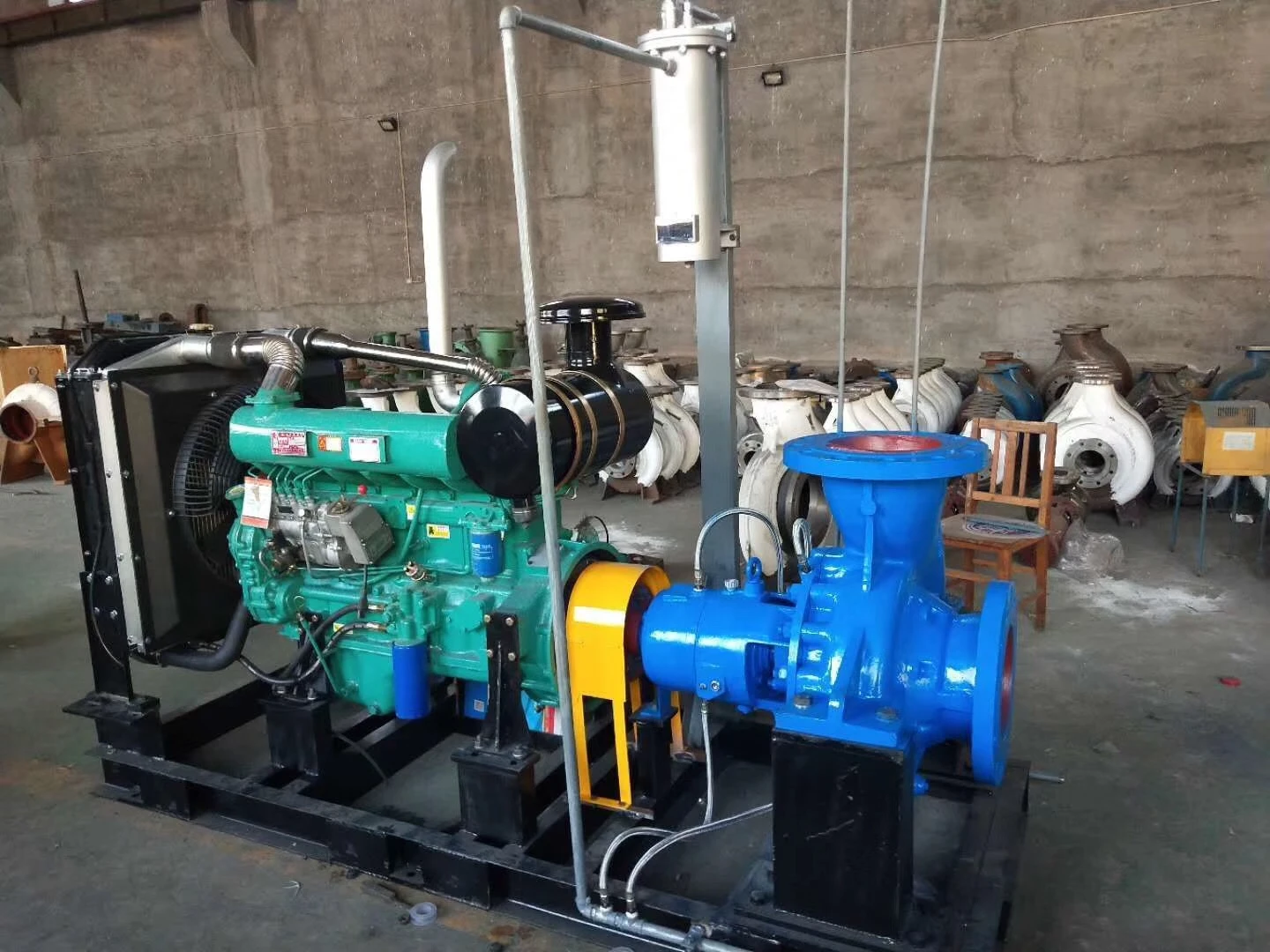English
- Afrikaans
- Albanian
- Amharic
- Arabic
- Armenian
- Azerbaijani
- Basque
- Belarusian
- Bengali
- Bosnian
- Bulgarian
- Catalan
- Cebuano
- Corsican
- Croatian
- Czech
- Danish
- Dutch
- English
- Esperanto
- Estonian
- Finnish
- French
- Frisian
- Galician
- Georgian
- German
- Greek
- Gujarati
- Haitian Creole
- hausa
- hawaiian
- Hebrew
- Hindi
- Miao
- Hungarian
- Icelandic
- igbo
- Indonesian
- irish
- Italian
- Japanese
- Javanese
- Kannada
- kazakh
- Khmer
- Rwandese
- Korean
- Kurdish
- Kyrgyz
- Lao
- Latin
- Latvian
- Lithuanian
- Luxembourgish
- Macedonian
- Malgashi
- Malay
- Malayalam
- Maltese
- Maori
- Marathi
- Mongolian
- Myanmar
- Nepali
- Norwegian
- Norwegian
- Occitan
- Pashto
- Persian
- Polish
- Portuguese
- Punjabi
- Romanian
- Russian
- Samoan
- Scottish Gaelic
- Serbian
- Sesotho
- Shona
- Sindhi
- Sinhala
- Slovak
- Slovenian
- Somali
- Spanish
- Sundanese
- Swahili
- Swedish
- Tagalog
- Tajik
- Tamil
- Tatar
- Telugu
- Thai
- Turkish
- Turkmen
- Ukrainian
- Urdu
- Uighur
- Uzbek
- Vietnamese
- Welsh
- Bantu
- Yiddish
- Yoruba
- Zulu
Telephone: +86 13120555503
Email: frank@cypump.com
Nov . 06, 2024 20:48 Back to list
Top Rated Sewage Ejector Pumps for Optimal Waste Management Solutions
The Best Sewage Ejector Pumps A Comprehensive Guide
Sewage ejector pumps are essential components in plumbing systems, especially for residential and commercial settings where waste needs to be moved vertically or over long distances. These powerful devices help in transferring sewage and wastewater from lower levels to higher elevations, ensuring proper drainage and sanitation. Choosing the best sewage ejector pump is crucial for efficiency, reliability, and longevity. This article provides an overview of the top options and key factors to consider when selecting a sewage ejector pump.
Understanding Sewage Ejector Pumps
Sewage ejector pumps are designed to handle raw sewage containing solids. Unlike standard sump pumps that deal primarily with gray water, ejector pumps have the capability to process thick waste material, making them ideal for applications such as basement bathrooms or laundry facilities below the main sewer line. These pumps generally consist of a motor, impeller, and a grinder, which shred larger waste particles into smaller pieces, allowing them to pass through pipes without clogging.
Key Features to Look For
1. Power and Performance The power specifications of a sewage ejector pump are critical. Look for pumps with at least 1/2 horsepower for moderate usage, while heavier applications might require pumps of 1 horsepower or more. The performance can be measured in terms of flow rate, expressed in gallons per minute (GPM), which indicates how quickly the pump can move wastewater.
2. Durability and Construction Since sewage ejector pumps operate in harsh conditions and are exposed to corrosive materials, materials matter. Pumps made of stainless steel or cast iron tend to offer longer lifespans compared to plastic models. A high-quality construction also ensures better performance and less maintenance.
3. Vertical Lift Capacity Consider the vertical lift capacity of the pump, as this determines how high the sewage can be pumped. This is particularly important if the ejector pump must move waste to a sewer line located significantly higher than its installation site. Look for pumps that offer a vertical lift capacity compatible with your plumbing needs.
4. Automatic Operation Many modern sewage ejector pumps come with automatic switches that activate when the wastewater level rises. This feature prevents overflow and ensures that the pump operates only when necessary, providing convenience and energy savings.
best sewage ejector pump

5. Noise Level While some noise is inevitable, choosing a pump designed for quiet operation can enhance comfort in residential settings. Look for models that include noise-reducing features or enclosures.
Top Sewage Ejector Pumps
Here are some of the best options currently available on the market
1. Liberty Pumps LE51A This 1/2 HP pump is known for its robust construction and reliable performance, able to handle solids up to 2 inches. It comes with a tethered float switch for automatic operation and offers a flow rate of 50 GPM.
2. Wayne CDU980E This 3/4 HP submersible sewage pump is a popular choice for residential use. It features a durable cast iron construction, a 2-inch solid handling capability, and an impressive flow rate of 91 GPM.
3. Zoeller M53 A well-respected model in the industry, this 1/2 HP sump pump is perfect for residential sewage applications. It's built to last with a cast iron body and offers a high pumping capacity with solid handling capabilities.
4. Superior Pump 92301 For those seeking affordability without sacrificing quality, this 1/2 HP pump is a great option. It features durable thermoplastic construction, operates quietly, and can move up to 40 GPM.
Conclusion
Choosing the best sewage ejector pump involves considering various factors, including power, construction materials, lift capacity, and ease of use. With the options mentioned above, homeowners and businesses alike can find a reliable pump that meets their specific needs. Investing in a high-quality sewage ejector pump not only ensures efficient waste disposal but also contributes to the overall hygiene and functionality of any plumbing system. Remember to consult with a professional plumber if you have any uncertainties about installation or maintenance.
-
ISG Series Vertical Pipeline Pump - Chi Yuan Pumps Co., LTD.|Advanced Hydraulic Design&Energy-Efficient Solutions
NewsJul.30,2025
-
ISG Series Vertical Pipeline Pump - Chi Yuan Pumps Co., LTD.
NewsJul.30,2025
-
ISG Series Vertical Pipeline Pump - Chi Yuan Pumps Co., LTD.|energy-efficient fluid handling&industrial durability
NewsJul.30,2025
-
ISG Series Vertical Pipeline Pump - Chi Yuan Pumps | Advanced Engineering&Industrial Efficiency
NewsJul.30,2025
-
ISG Series Pipeline Pump - Chi Yuan Pumps | High Efficiency, Energy Saving
NewsJul.30,2025
-
ISG Series Vertical Pipeline Pump-Chi Yuan Pumps|High Efficiency&Reliable Performance
NewsJul.29,2025










